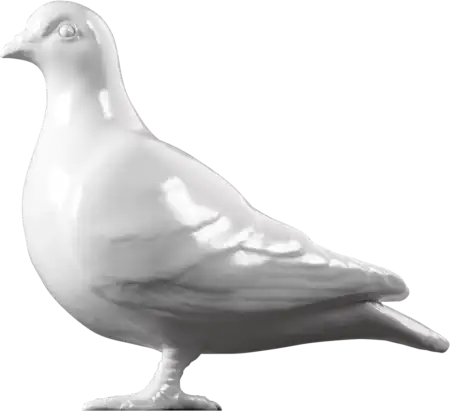Printed Ephemera — 1908
Entrance to Irish Village (Ballymaclinton)
The reconstructed Irish village, was a feature of the Franco-British exhibition, the first exhibition to be held at White City in 1908. The extensive White City exhibition grounds at Shepherd's Bush were constructed by the entrepreneur Imre Kiralfy as a hugely ambitious commercial enterprise. Built in a palatial oriental style White City hosted annual, seasonal exhibitions from 1908 until 1914, as well as the Olympic games in 1908. The exhibitions celebrated the power of Empire but also included hugely popular thrill rides including the flip flap and Mountain Railway that made White City one of London's greatest visitor attractions for all ages and social classes in the early 20th century.
The most controversial aspect of the exhibitions were the reconstructed villages, such as the Irish village, intended to showcase a range of global communities and their culture. Villagers were contracted to come to London to work as 'live exhibits' undertaking cultural and social activities for a voyeuristic public.
The Irish village was described as being occupied by 'a crowd of merry Irish girls and lads' who demonstrated various arts and crafts including lace making, spinning, carpet making, weaving and soap making. Visitors could also enjoy open air concerts by Irish harpists and pipers. Irish goods could also be purchased at the village, with profits donated to Lady Aberdeen's 'crusade against' the high levels of tuberculosis in Ireland.
Although the naive intention was to 'educate' the public about 'unknown' cultures the reconstructed villages were clearly symbolic of a racist society.
The printer of the postcard Valentine & Sons, was commissioned, by White City to produce a series of postcards featuring scenes and exhibits from the Franco-British exhibition. These postcards were widely sold both within the exhibition grounds and beyond to raise much needed income for the considerable exhibition running costs.
- Category:
- Printed Ephemera
- Object ID:
- 82.232/138b
- Object name:
- Entrance to Irish Village (Ballymaclinton)
- Object type:
- Artist/Maker:
- Valentine and Sons Limited
- Related people:
- Related events:
- Related places:
- Production date:
- 1908
- Material:
paper
- Measurements/duration:
- H 88 mm, L 140 mm
- Part of:
- —
- On display:
- —
- Record quality:
- 80%
- Part of this object:
- —
- Owner Status & Credit:
Permanent collection
- Copyright holder:
digital image © London Museum
- Image credit:
- —
- Creative commons usage:
- —
- License this image:
To license this image for commercial use, please contact the London Museum Picture Library.
